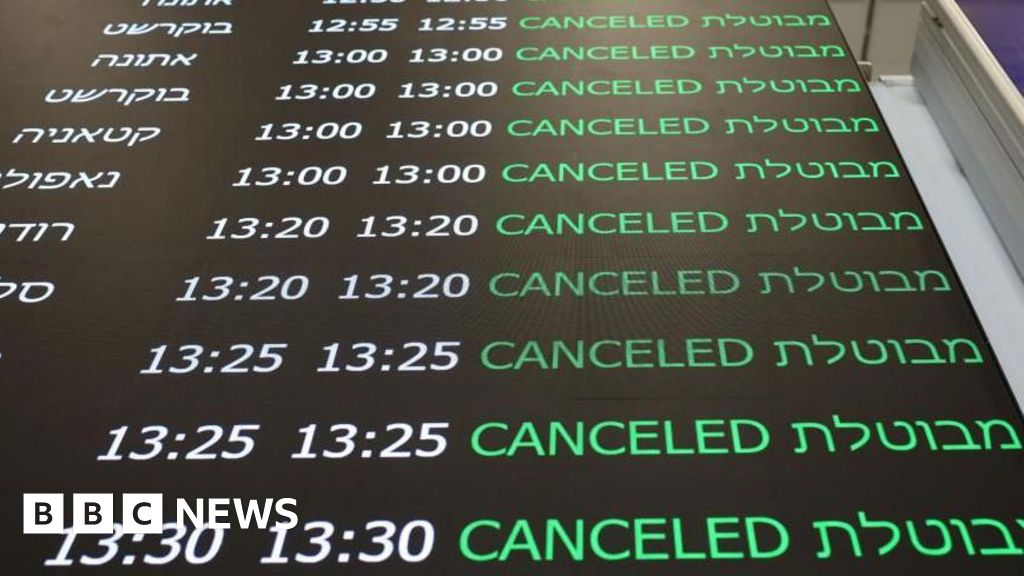ARTICLE AD BOX
Image source, Getty Images
Image caption,Child sexual abuse is a major problem in India with tens of thousands of cases reported every year
The Indian Supreme Court has struck down a controversial high court order that cleared a man of sexual assault because "there was no skin-to-skin contact" with the victim.
The order, passed by a female judge of the high court in Mumbai in January, had resulted in massive outrage.
Activists and legal experts said it would set a "dangerous precedent" and asked the top court to strike it down.
Campaigners said it would discourage children from reporting abuse.
What was the case about?
In December 2016, a 39-year-old man was accused of groping a 12-year-old girl. The child's mother had alleged that he had lured her daughter to his home where he pressed her breast and tried to remove her bottom.
A trial court had convicted him for sexually assaulting a child under the stringent Pocso (Protection of Children from Sexual Offences) Act and handed him a three-year jail sentence.
But on 12 January, Bombay High Court judge Pushpa Ganediwala ruled that pressing the girl's breast without removing her top was not sexual assault since there was no skin-to-skin contact and it would only invite the lesser charge of molestation.
Image source, Getty Images
Image caption,Critics had said that the high court ruling could put children at increased risk of exploitation
The decision received widespread condemnation and several petitions were filed in the top court to overturn it.
On 27 January, the Supreme Court put the order on hold until it decided the matter.
The challenge
Attorney General of India KK Venugopal, who was one of the petitioners in the top court, described the high court judgement as "outrageous".
He said if not reversed, the order would "set a very dangerous precedent".
During the hearing, Mr Venugopal argued that skin-to-skin contact was not a "necessary ingredient" for a crime of sexual assault under the Pocso Act.
"If tomorrow, a person wears a pair of surgical gloves and feels the entire body of a woman, he won't be punished for sexual assault as per this judgment. This is an outrageous order," the Indian Express quoted him as saying.
"The accused tried to bring down the salwar [pyjama bottom] of the girl and even then bail was granted," he added.
The outrage
The high court decision, passed by a female judge, was criticised by child rights activists and members of the civil society who described it as "obnoxious and unacceptable".
Critics pointed out that the judgement was especially flawed since it dealt with children, who are often unable to protect themselves.
Many expressed concern that this ruling could put children at increased risk of exploitation in a country where child sexual abuse is already a major problem with tens of thousands of cases reported every year.
According to a government study in 2007, two out of every three children in India were physically abused and that 53% of the nearly 12,300 surveyed children reported one or more forms of sexual abuse.
Last year, the National Crime Records Bureau registered 43,000 offences under Pocso Act - that's an average of one case every 12 minutes.
And campaigners say the real numbers are much higher as many cases of abuse, especially where the abusers are family member or people known to the victims, don't even get reported.

 3 years ago
49
3 years ago
49








 English (US) ·
English (US) ·